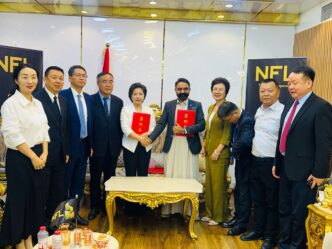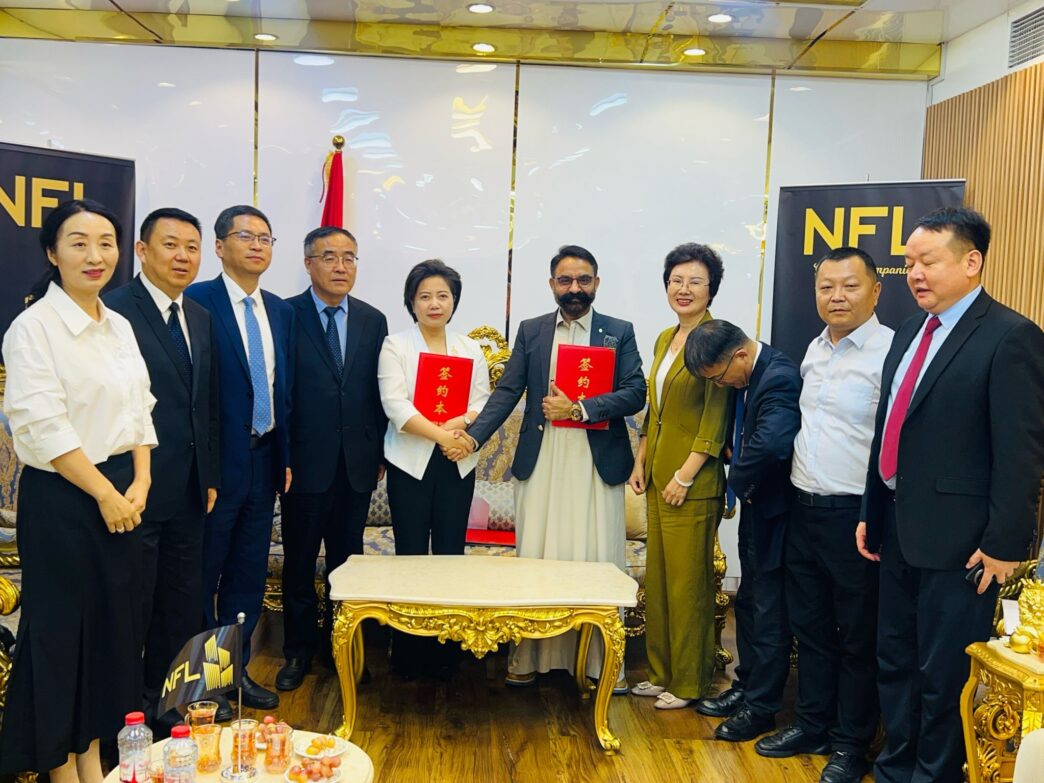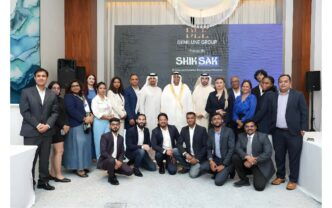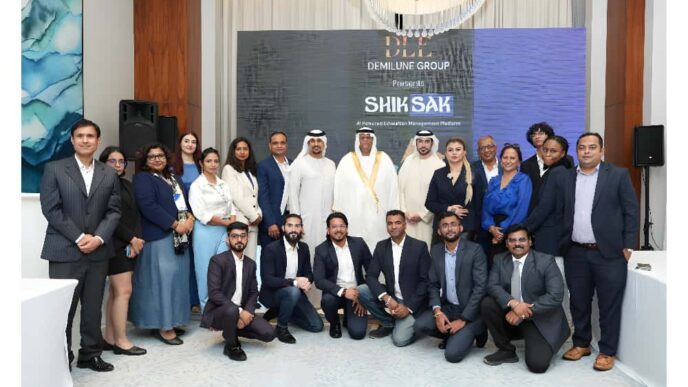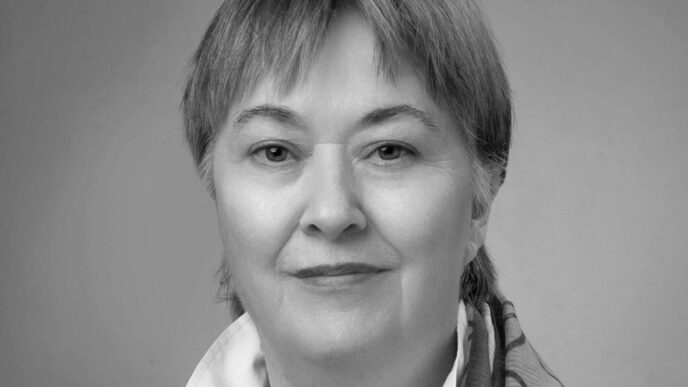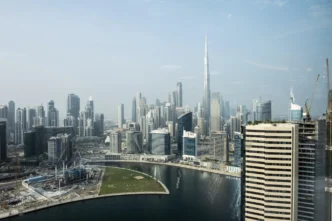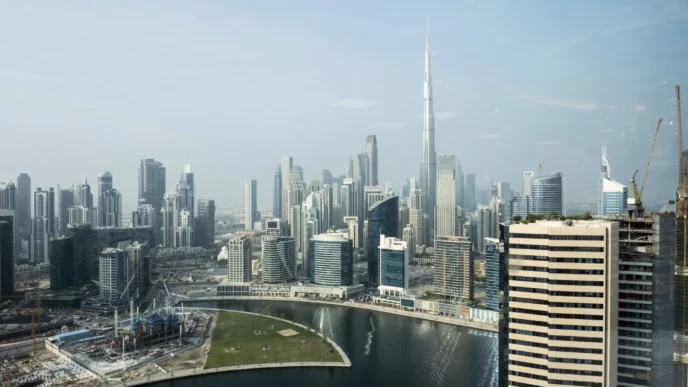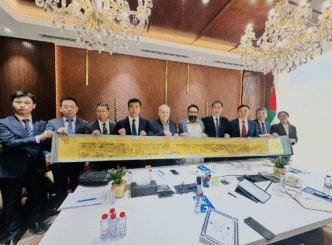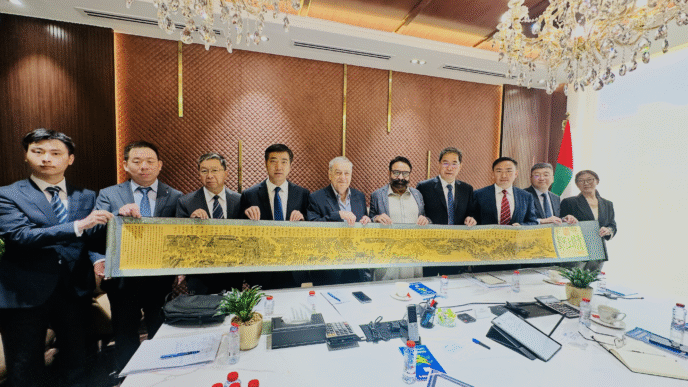In a development that underscores the accelerating economic ties between the Middle East and China, Al Maktoum Holding Group signed a Memorandum of Understanding (MoU) with the Government of Baoji Municipal in Shaanxi Province, China, solidifying a cooperative framework across investment, trade, and infrastructure development.
The agreement, signed two days ago, was officially represented by Dr. Munir Ahmad Ch on behalf of Al Maktoum Holding Group.
The MoU marks a strategic expansion of UAE–China bilateral relations, reinforcing existing partnerships under the framework of China’s Belt and Road Initiative (BRI) and the UAE’s vision of economic diversification.
A Strategic Economic Bridge Between Two Rising Regions
The partnership aims to establish a multi-sector gateway between the UAE and Northwest China. Baoji, a major industrial hub known for its aerospace, metallurgy, energy technology, and advanced manufacturing capabilities, seeks to attract foreign investment as part of China’s western development strategy.
Al Maktoum Holding Group, a UAE-based investment group with interests spanning real estate, trade, industrial development, technology, and infrastructure, will lead initiatives that include:
Key Sectors Identified in the MoU
| Sector | Areas of Cooperation |
|---|---|
| Industrial Development | High-tech manufacturing, logistics hubs |
| Infrastructure | Smart cities, industrial zones, transportation |
| Energy | Renewable energy development, green hydrogen projects |
| Technology | R&D partnerships, AI adoption, digital transformation |
| Trade & Investment | Cross-border trade facilitation and finance |
Why Baoji Matters
While not as globally recognized as Shanghai or Shenzhen, Baoji is considered a critical manufacturing and defense production zone in China, with established industrial infrastructure and access to global transport routes via the Eurasian economic corridor. The city has been enhancing international outreach to attract foreign partnerships—making this MoU with a UAE conglomerate both timely and strategically aligned with Beijing’s goals.
The agreement also enables stronger trade links between Jebel Ali Free Zone in Dubai and logistical hubs in Shaanxi Province, allowing businesses in both countries to move goods faster across Asia, the Gulf, and Europe.
Growing UAE–China Economic Diplomacy
China is already the UAE’s largest trading partner, with total bilateral trade surpassing $95 billion annually and expected to reach $200 billion by 2030. The two countries have steadily strengthened cooperation in:
- Oil and petrochemicals
- Clean energy investment
- Manufacturing and industrial zones
- AI and technology collaboration
- Cross-border financing and digital trade
The MoU with Al Maktoum Holding Group reflects China’s increasing confidence in UAE investment groups as strategic partners for expanding global influence through Arab markets.
Leadership Statements Highlight Vision for Shared Growth
During the official signing ceremony, Dr. Munir Ahmad Ch reaffirmed the Group’s commitment to creating long-term economic value between the two regions:
“This partnership is not simply a business agreement—it is a strategic framework to build deeper economic and cultural ties between the UAE and China. Together, we aim to accelerate development, exchange technological knowledge, and support emerging industries that will drive future economies.”
Officials from Baoji Municipal Government highlighted their eagerness to welcome UAE expertise and capital to support urban and industrial expansion projects already underway in Shaanxi Province.
A Gateway to Future Development Projects
The MoU opens doors to joint ventures, free zone developments, industrial parks, and innovation centers. Some of the prospective initiatives being evaluated include:
- A UAE–China Industrial Innovation Hub based in Baoji
- Development of manufacturing export facilities to serve Middle Eastern and African markets
- A smart logistics corridor connecting Xi’an–Baoji to Dubai
- Renewable energy projects aligned with UAE COP28 climate goals
- Bilateral educational exchange programs for skill development
Conclusion: A New Investment Chapter Between the UAE and China
The signing of this MoU signals more than just another international partnership—it highlights a geostrategic realignment as Gulf investment power meets Chinese industrial ambition. Al Maktoum Holding Group’s move positions the UAE as a central economic connector between East and West, while Baoji gains a trusted partner for global expansion.
As global supply chains continue shifting and nations seek new strategic alliances, agreements like this are shaping the economic architecture of the next decade.


